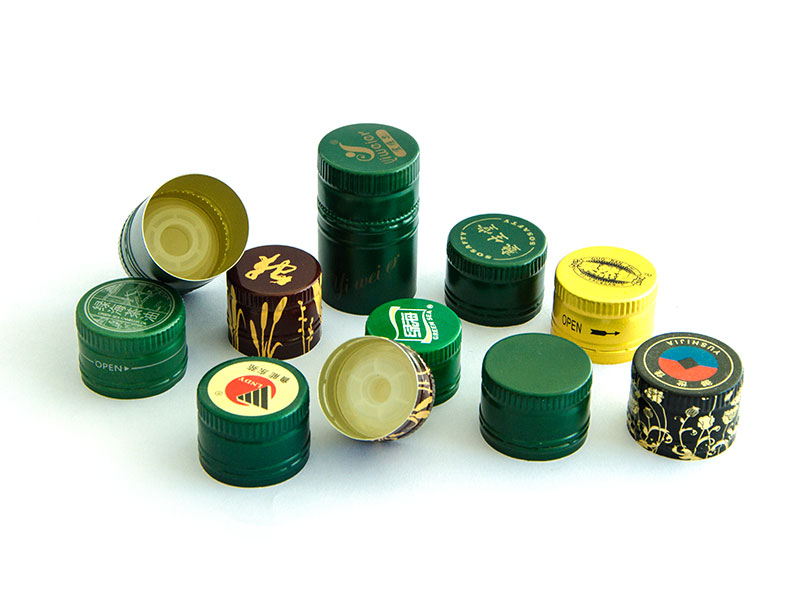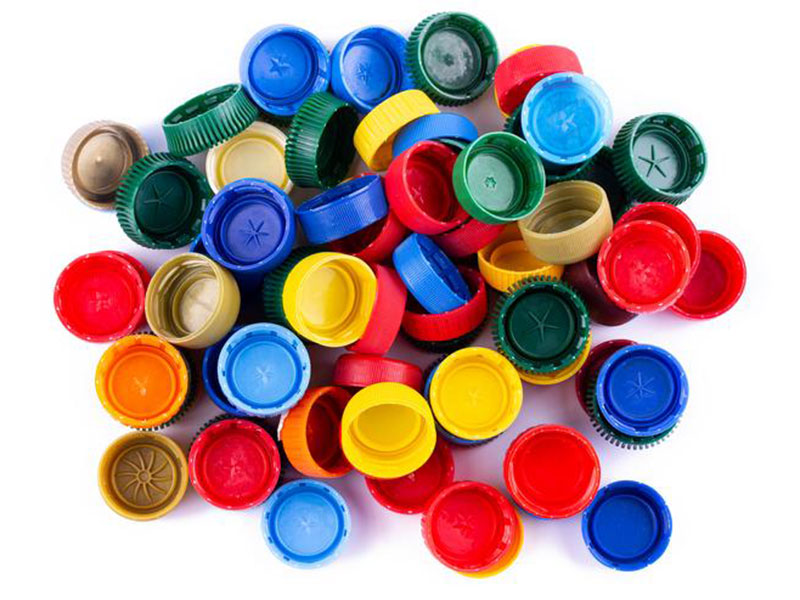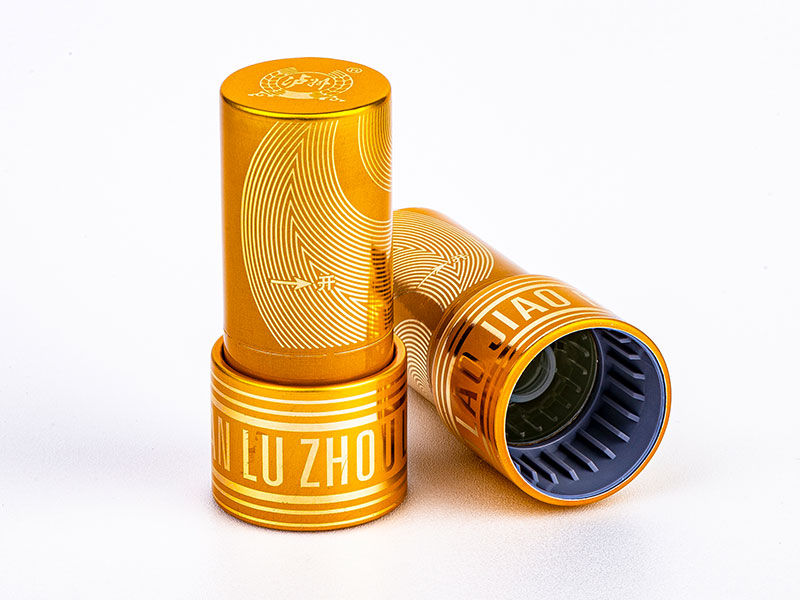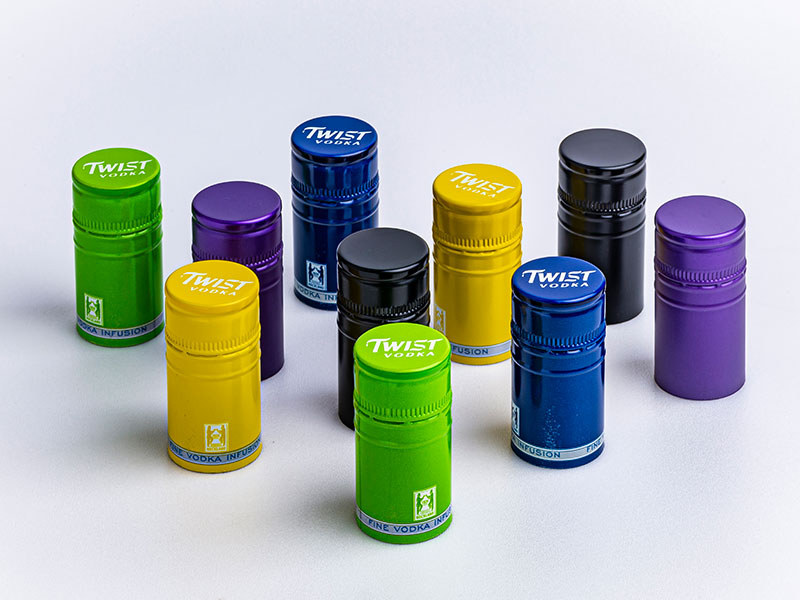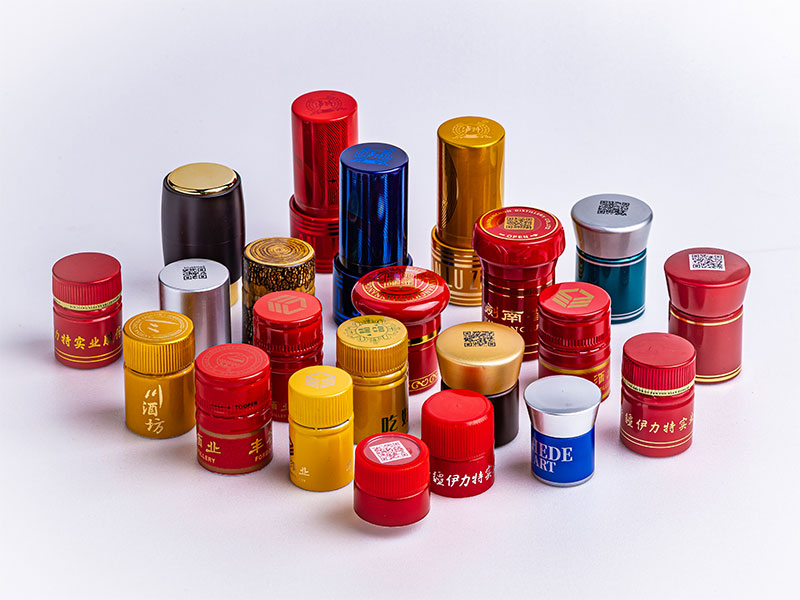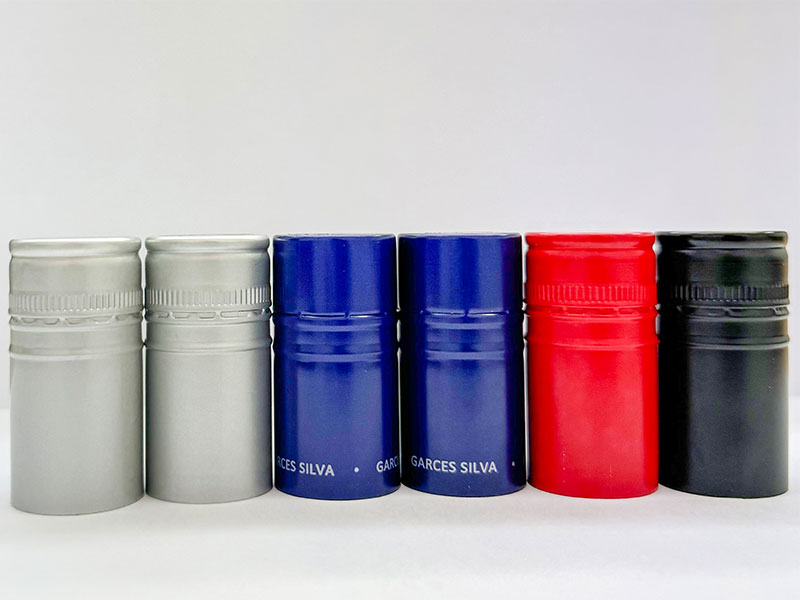Aluminum Wine Caps for Bottles with Air Tight Sealing Technology
When it comes to preserving the subtle nuances of wine, from the ripe bouquet to the deep complexity of flavor, sealing technology matters profoundly. Enter aluminum wine caps designed with airtight sealing technology—an innovation that combines aesthetic appeal, superior material science, and practical sealing performance to enhance the wine drinking experience in remarkable ways.
The Unique Advantage of Aluminum Wine Caps
Unlike traditional corks or plastic stoppers, aluminum wine caps offer a modern solution utilizing one of the most versatile metals available. Aluminum is prized for its lightweight, corrosion resistance, and recyclability. But, more importantly, aluminum caps integrate advanced airtight sealing techniques to maintain the wine’s integrity over extended time frames, both before and after opening.
Airtight Sealing Technology: What Makes It Special?
At the heart of this sealing capability is a precision-engineered liner bonded within the aluminum cap. This liner—often made from FDA-approved polymer or composite materials with excellent elasticity—ensures a snug fit around the wine bottle’s neck with no undesired gaps. This closeness is crucial not only for blocking unwanted oxygen ingress but also in preventing harmful leaks of volatile aromatic compounds.
The manufacturing process involves tightly controlling the cap's dimensions and the liner's thickness, compressibility, and chemical inertness. The compliant liner adapts to slight variations in glass threading or bottleneck collar features, preserving a consistent vacuum-like environment inside the bottle.
Alloy Composition and Tempering: Building the Perfect Cap
The core material of these aluminum caps is often a high-purity aluminum alloy designed especially for food packaging applications, commonly from the series 3000 or 5000. For instance:
| Element | ASTM Typical Content % |
|---|---|
| Aluminum (Al) | Balance (~97-99.5%) |
| Manganese (Mn) | 0.3–1.5 |
| Magnesium (Mg) | 0.1–0.7 |
| Silicon (Si) | ≤0.2 |
| Iron (Fe) | ≤0.6 |
| Copper (Cu) | ≤0.1 |
This specific alloy ensures excellent corrosion resistance even in contact with acidic contents like wine, as well as mechanical strength to resist deformation during sealing and handling.
The temper treatment applied typically ranges from H14 (strain-hardened and partially annealed) to H18 (fully strain-hardened), striking an ideal balance between ductility and stiffness. This stress-relieved temper protects against cracks in the coupling threads while allowing uniform sealing force distribution around the cap liner.
Standards Driving Quality and Safety
All manufacturing processes adhere to stringent standards to ensure food safety and consistent quality:
- 21 CFR Part 175-180 (FDA Compliance): Ensuring materials used are safe for indirect food contact.
- ASTM B209: Covers the standard specifications and testing procedures for aluminum sheet metal.
- Eco-friendly mandates: Aluminum used is often recycled, consistent with sustainability targets.
- Industrial testing includes air leakage tests (Vacuum Decay or Pressure Decay methods) to verify airtight integrity.
Advantages Over Traditional Wine Closures
- Preservation: Reduced oxygen transfer rates compared to cork reduce oxidation and flavor degradation.
- Convenience: Lower bottle opening torque, clean re-sealable closures means wine remains fresh once uncorked.
- Consistency: Manufacturing standards yield precise caps standardized by diameter, gasket dimensions ensuring uniform ring pulls and reseals.
- Aesthetic versatility: Aluminum cans be anodized or printed to meet branding sophistication.
- Sustainability: 100% recyclable material that fits circular economy models.
Practical Implementation and Usage Advice
Winemakers can adjust the capping operation closely via automated lines for speed and reliability, aligning coupling torques and liner compression levels to specific wine profiles and bottle geometries. The cap seals benefit from ambient storage temperatures spanning from 12°C up to cellar levels without risk of degradation.
End consumers appreciate the corrosion-resistant exterior combined with a secure sealing that lasts months and even years, which tightly seals boutique vintages and mass retail alike—redefining premium product packaging in many wine categories.
Conclusion
Aluminum wine caps equipped with airtight sealing technology exemplify a breakthrough in bottle closure innovation. By harmonizing material science, precision manufacturing, and ergonomic design, they safeguard wine flavor profiles against oxygen intrusion with unmatched reliability. Their implementation across modern wineries facilitates consistent quality and consumer satisfaction while endorsing sustainability through high recyclability.
By aspects like alloy composition, tempering conditions, and regulatory adherence, manufacturers and viticulturists can maximize the impact of this clever closure, heralding an era where advanced technological packaging enriches the age-old tradition of winemaking.



